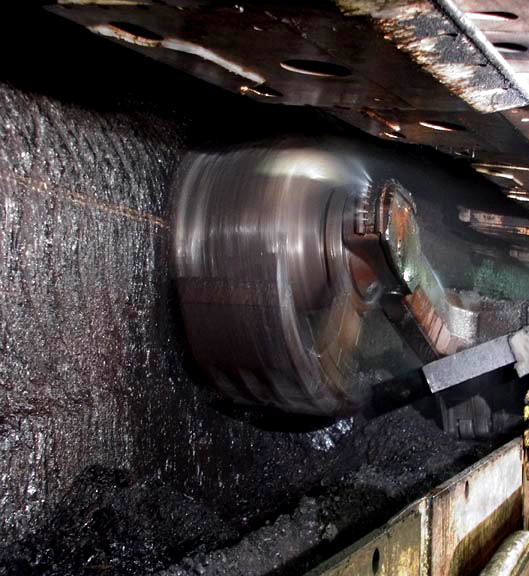Sydney supplies face mining impact
 New research suggests Sydney's drinking water catchment is under threat from longwall mining operations.
New research suggests Sydney's drinking water catchment is under threat from longwall mining operations.
A University of New South Wales study has found that the impact of mining operations south of Sydney are spreading, drying out upland swamps and streams.
Mining company South32 has applied to extend the life of its Dendrobium Colliery, south of Sydney, which digs up 5.2 million tonnes of coking coal each year for steel-making.
Duncan Rayner, principal engineer at the UNSW Water Research Laboratory, says existing operations beneath the water catchment have undermined sandstone beds, preventing them from storing water.
“Temperate highland peat swaps are endangered ecological communities that act like a sponge and a filter, releasing pure drinking water,” Mr Rayner says.
“What we're seeing from swamps that are undermined, or that have had longwall mining going underneath them, is that those swamps no longer hold water.
“Their underlying sandstone is cracked and the swamps have dried out.
“The impacts have been the same for as long as longwall mining has been undertaken.
“But mining operations are expanding, so the impacts are expanding.”
The swamps provide drinking water to Sydney and the Illawarra, and are also severely drought-affected.
“These swamps are more important during drought periods because of their ability to store water and release it slowly over time,” Mr Rayner said.
“So the fact that this is ongoing during a drought period is a bad outlook for water flowing downstream, and a bad outlook for the watercourses that rely on water from these swamps.”
Julie Sheppard from the National Parks Association says there is ongoing degradation of Sydney's Drinking Water Catchment.
“Obviously the land is going to be dry in the drought and that's even more reason why we shouldn't have any further stresses on the vegetation and the water-holding capacity of the catchment areas,” Ms Sheppard said.
“You've got to wonder if these catchments can even cope.
“If we have a fire through the catchments in summer, then we could see massive impacts that will destroy the swamps forever.”
South32’s Environmental Impact Statement (EIS) says it will not mine under water supply reservoirs, watercourses and key stream features.
“We will compensate WaterNSW for the agreed volume of surface water diverted from the Sydney drinking water catchment, which is estimated at less than one per cent of the Avon and Cordeaux catchment yields,” the statement said.
The company said it would offset its impacts.
“Project sediment controls for surface disturbance activities would be designed consistent with applicable guidance materials,” South32 said.
“South32 proposes water quality improvement actions such as fire management and maintenance of unsealed roads which would target reduced sedimentation in the Special Catchment Areas.
“It is considered that the Project would, therefore, have a net beneficial effect on water quality in the Special Catchment Areas.”







 Print
Print